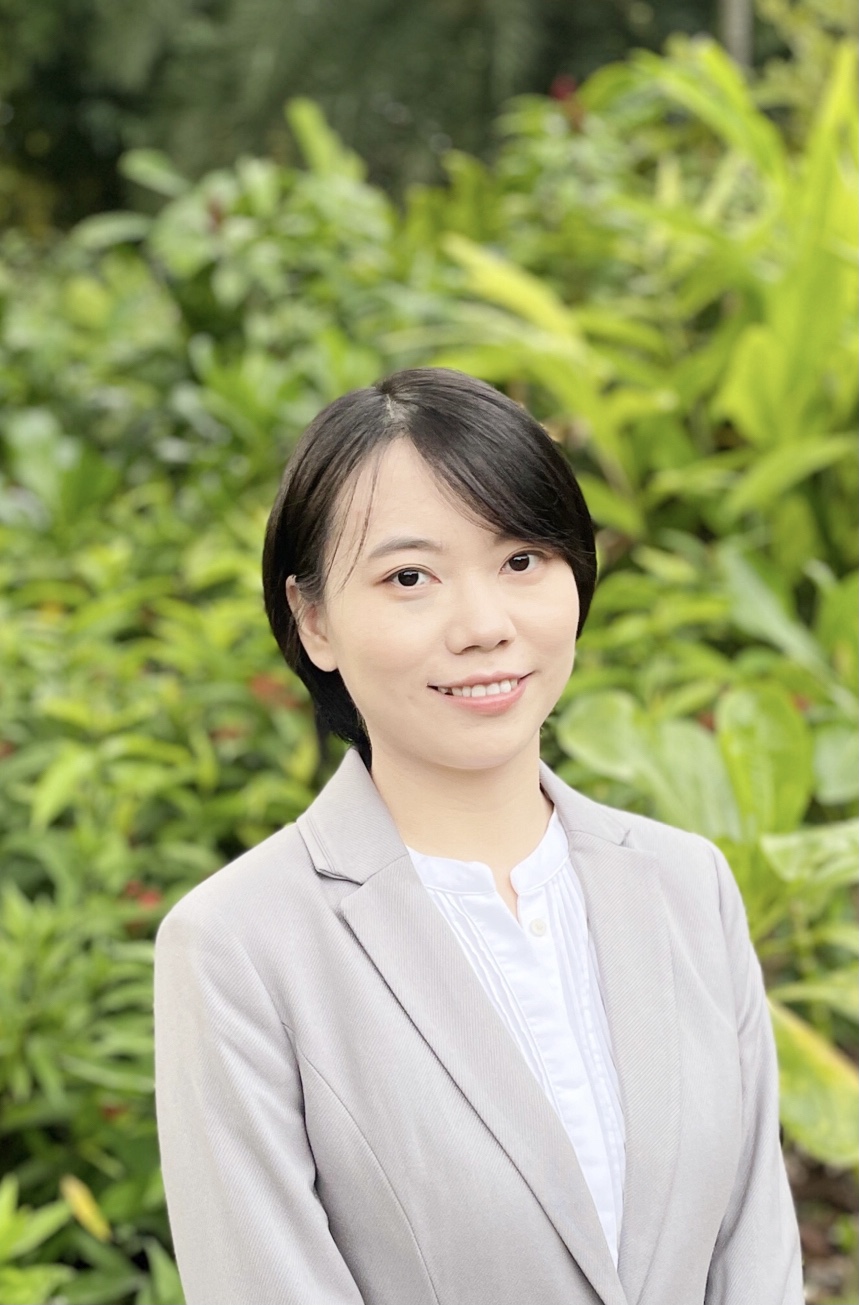LIU MENG

LIU MENG
Ph.D Candidate in Economics
I am a job market candidate and I will be available for interviews.
REFERENCES
Professor Tomoki FUJII
Email: tfujii@smu.edu.sg
Tel: +65 68280279
Professor HUANG Fali
Email: flhuang@smu.edu.sg
Tel: +65 68280859
Professor Madhav Shrihari ANEY
Email: madhavsa@smu.edu.sg
Tel: +65 68280644
WORKING PAPERS
"Confucian Literati and Long-run Development in Northern Vietnam", with Tomoki Fujii (Job Market Paper)
Following Max Weber’s thesis, studies have suggested that Confucianism could impede economic growth despite its positive effects. In this paper, we revisit the impact of Confucianism on long-run development in a less explored context – northern Vietnam. Using the variation in Confucian literati across 217 historical districts between the Primitive Le and Nguyen dynasties (1426-1919), we find that districts with a greater exposure to Confucianism have experienced better economic outcomes over the past century. The result is robust to controlling for a battery of confounders and using the distance to exogenously located hermit scholars as an instrument. We show that the impact of Confucianism can be attributed to the persistence of a culture of respect for education and norms of collective action, which facilitated human and social capital accumulation, public goods provision, and economic transition.
"Sadder but Wiser: Effects of Natural Disasters on Long-term Orientation", with James B. Ang, Per G. Fredriksson, and Jun Wang
This study attempts to uncover the origin of long-term orientation (LTO) by exploiting the variation in the historical exposure to natural disasters. We combine data on significant natural disasters occurring during 1500-1980 with LTO data derived from multiple World Values Survey and European Values Survey waves covering years 1981-2020, yielding a sample of around 361,000 respondents. We test two opposing hypotheses borrowed from psychology. We find robust evidence at the individual-, subnational-, and country-level in favor of the view that a larger exposure to catastrophic events increases the degree of LTO. This finding holds up to using alternative samples and measures, including geo-climatic confounders, and controlling for the influence of institutions and other cultural traits. The psychological process of future-oriented coping is a mechanism that helps explain our results. To cope with adverse events, individuals undertake cognitive and behavioral actions that prioritize the long term, thus shedding light on how LTO is linked to disaster exposure.
WORK IN PROGRESS
"Clan Network and Market Integration in Qing China"